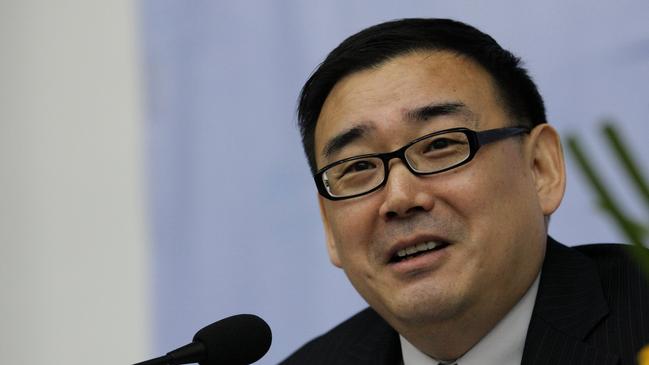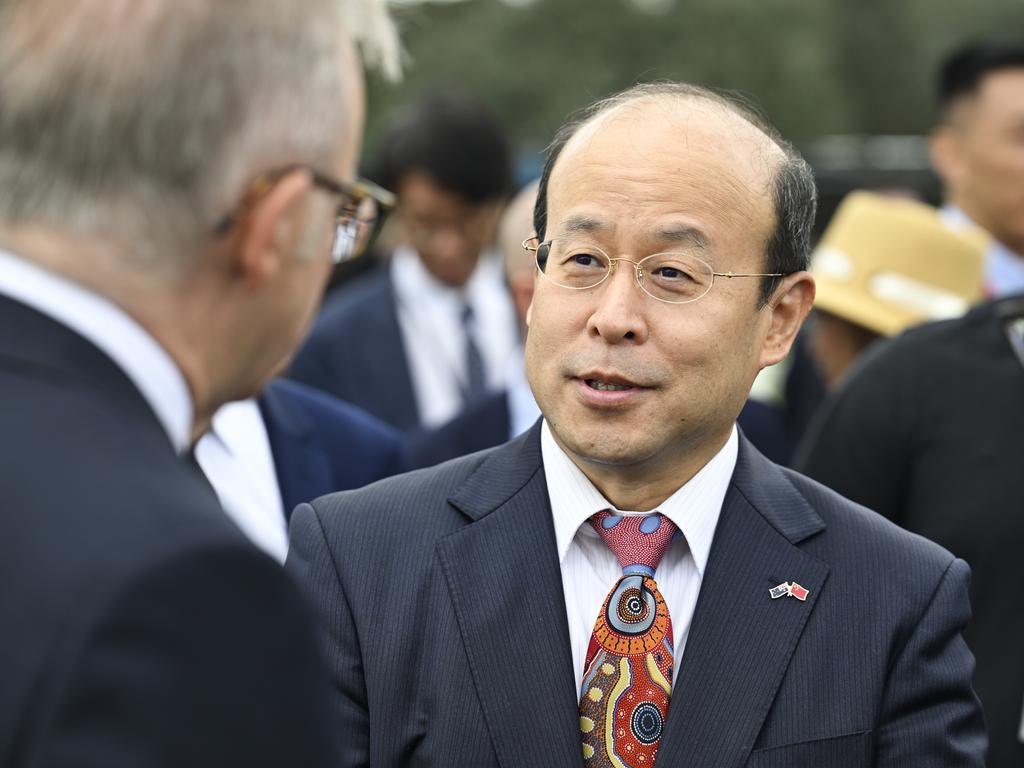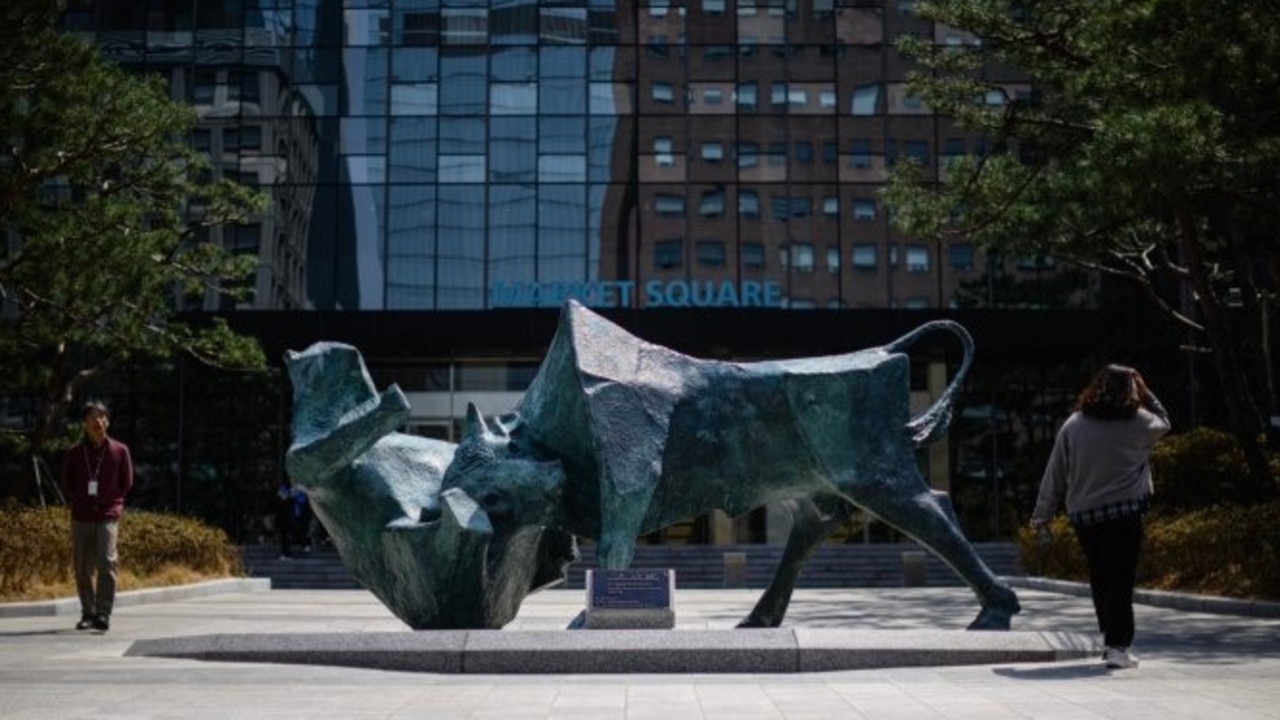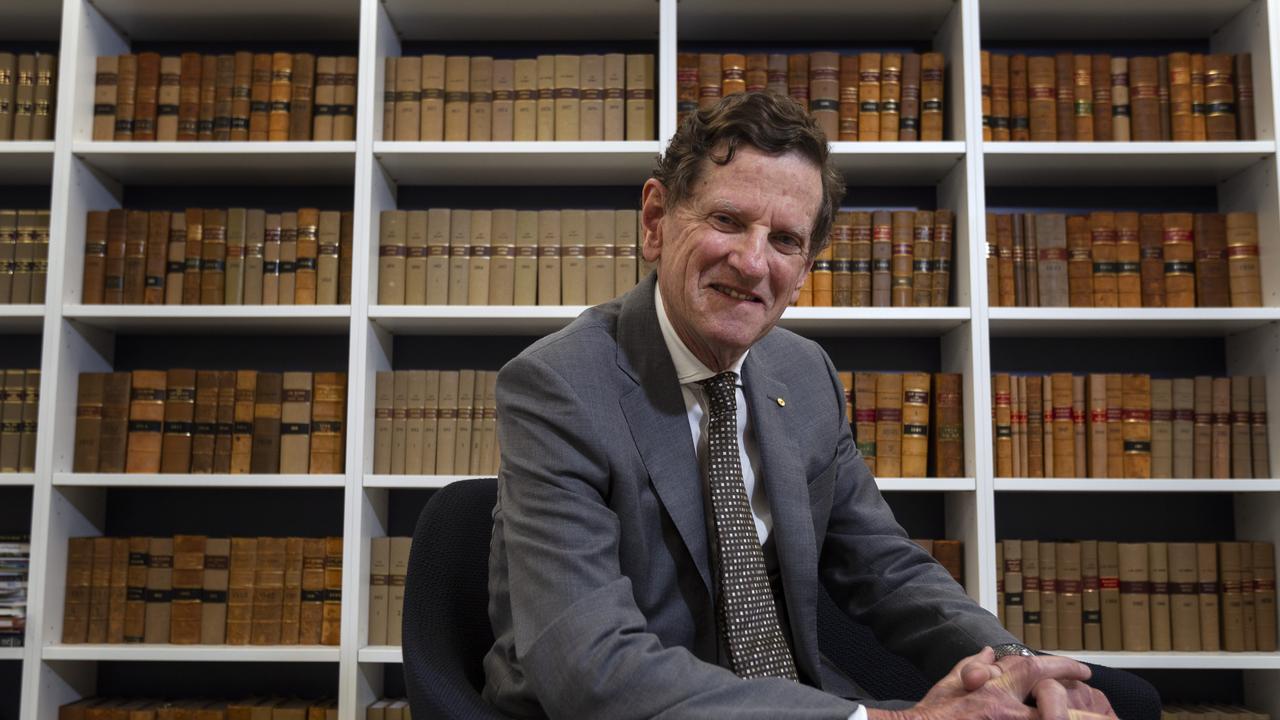Penny Wong ‘appalled’ by Yang Hengjun’s suspended death sentence amid criticism of ’very soft’ approach with China
Penny Wong said the government was ‘appalled’ by the suspended death sentence given to Yang Hengjun, but his supporters worry that Canberra’s approach is ‘too soft’.

Penny Wong said the Australian government was “appalled” by the suspended death sentence given to Yang Hengjun, as supporters of the father of two worry that Canberra’s “very soft” approach with Beijing has reduced the chances of his release.
In a statement on Wednesday to mark one year since Dr Yang was given a suspended death sentence by a court in Beijing, the Foreign Minister called on Chinese authorities to respect “international norms” and China’s own legal obligations.
“The Australian government has made clear to China that we remain appalled by Dr Yang’s suspended death sentence. We hold serious concerns about Dr Yang’s health and conditions. We continue to press to ensure his needs are met and he receives appropriate medical care,” Senator Wong said.
“Dr Yang is entitled to basic standards of justice, procedural fairness and humane treatment, in accordance with international norms and China’s legal obligations. We want to see him reunited with his family.
“The government will continue to advocate for Dr Yang at every opportunity,” she said.
Dr Yang, 59, has been in detention in China since he was arrested at Guangzhou airport by 10 Chinese security agents in January 2019. Last February, a Chinese judge gave him a suspended death sentence for giving secret information to Taiwan’s security officials when he was based in Hong Kong. Dr Yang has maintained his innocence throughout.
His ordeal has continued despite the Albanese government’s almost three-year-long effort for “stabilisation” with China.
Anthony Albanese has repeatedly raised his case with Chinese President Xi Jinping, most recently in a meeting last November on the sidelines of the G20 summit in Rio de Janeiro.
Over more than six years in Beijing’s detention system, the former junior employee at China’s Ministry of State Security has endured enforced sleep deprivation, erratic medication and being strapped to a “tiger chair”, which was used to restrain him during sometimes fierce interrogation sessions.
Australian diplomats in Beijing, including ambassador Scott Dewar, have been continually rebuffed by Chinese authorities when asking for an independent medical assessment of Dr Yang.
“His health is a great concern,” said Feng Chongyi, Dr Yang’s friend and former PhD supervisor at the University of Technology Sydney.
Dr Feng praised the efforts of the Australian diplomats but he said the “very soft” approach by the Albanese government and increasing trade focus of Peter Dutton’s opposition had given Beijing the message that Australia “only cares about money”.
“It makes the Chinese government think the Australian government is weak, that they can do whatever they want without any consequence. That gives Chinese authorities the impression that they don’t need to yield to any demands,” he told The Australian.
Ian Kemish, a former head of Australia’s consular service, said it was “unfortunate” that Dr Yang’s case was not resolved at the time of the greatest thaw in the relationship, when there was a renewal of high-level contact, a reduction of trade restrictions and the release of Cheng Lei, who was freed from a Beijing prison cell weeks before the Prime Minister’s trip to China in late 2023.
“It allowed Australia to feel that concerns had been heard and that some stepping back had taken place on the Chinese side,” Mr Kemish told The Australian.
“He’s sort of left there unresolved after the moment of greatest focus and possibly leverage has passed.”
He added that Dr Yang’s case was “much more complex” than Ms Lei’s.
Once known to his huge Chinese language readership as the “democracy peddler”, Dr Yang has become one of the most complicated consular cases dealt with by Canberra.
Before moving to Australia in 2000, Dr Yang worked for China’s Ministry of State Security, the agency that detained him at Guangzhou.
He later published a series of spy novels before completing a PhD at UTS on the internet and China’s potential to democratise.
Close friends have described him as an optimistic man who became deeply committed to transforming China after living in Hong Kong, the US and then Australia.








To join the conversation, please log in. Don't have an account? Register
Join the conversation, you are commenting as Logout